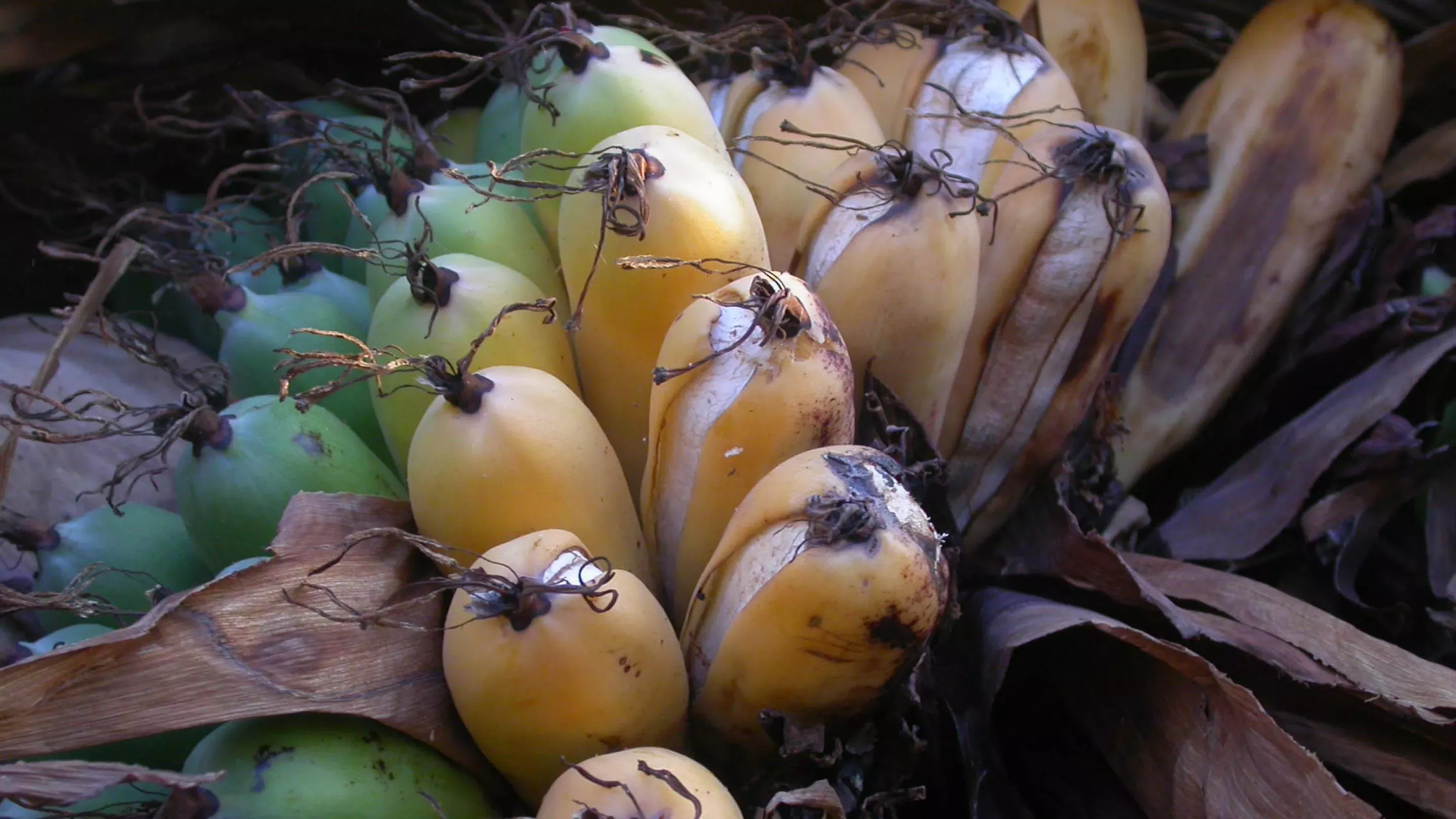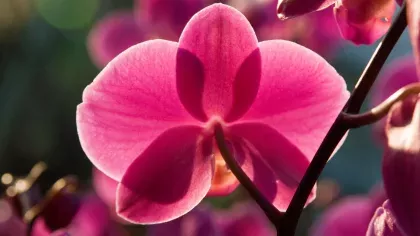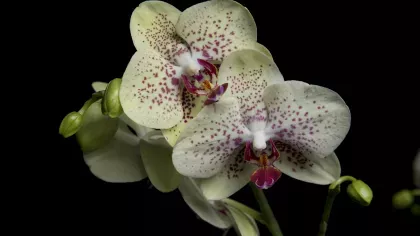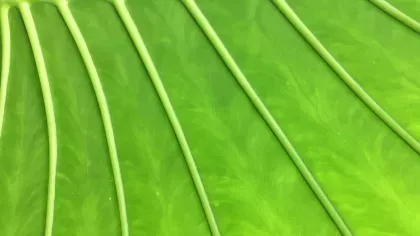25 November 2018
The Climate Change Act: 10 years later
The rate of climate change is faster than ever before. We know that the impact on our natural world could be devastating, so where are we now 10 years after the Climate Change Act?

At Kew, we believe in preserving our Earth’s incredible, rich biodiversity.
At least 31,000 plant species have a known use to us – as food, fuel, clothing or medicine.
Our scientists are just some of the experts who show how climate change is threatening ecosystems across the globe.
We know that as our natural world is damaged, livelihoods across the world will suffer, access to food and water will dwindle and we will lose precious species.
Already, ten out of 14 biomes (a distinct community of living organisms formed in response to the local climate) have seen a decrease in their vegetation between 2000-2013.

10 years on
10 years ago, Kew agreed to the UK’s Climate Change Act. It passed through Parliament with an overwhelming cross‐party consensus and made the UK the first nation to set legally‐binding targets for reducing carbon emissions.
The act formalised how the UK plans to tackle climate change.
Since it passed, the UK’s greenhouse gas emissions dropped by 43%, and the country is on track to meet the ‘carbon budget’ 2022 targets.
The UK has also reduced fossil fuel electricity by 50% and our air pollution is lower.
However there’s still a long way to go. More action is needed to ensure the nation is adequately prepared for changing average conditions and more extreme weather; in the natural environment, built environment, infrastructure and through changing people’s behaviour.
Securing our food
The Sustainable Development Goals (SDGs) are a set of targets set by international leaders to improve lives and the planet’s health. It has recognised that feeding the world’s people is an urgent issue.
Most of the food we eat comes from plants, and climate change has already affected our sources.
Unpredictable weather has led to a significant fall in crop production. As people continue to domesticate particular species, we reduce their genetic diversity and therefore reduce their ability to adapt to changing environments.
Without a game plan to offset this, more people will go hungry, and find even fewer ways to earn a living, pushing them further into poverty

Climate change and Kew
Our expert scientists examine how regions like rainforests or grasslands respond to a changing climate.
They look at key species in detail, identifying their traits and the role they play in their ecosystem.
They also study the impact of deforestation and how the communities and their natural resources interact, so that we can help them manage their land better.
For example, in Ethiopia, we have proposed 12 recommendations to prevent the impact of climate change and poor yields that are forcing many coffee farmers to cut down forests and cultivate coffee in a sustainable way.
Through our Crop Wild Relatives project, we seek out wild relatives of our commonly eaten and used plants, like rice, to learn about their climate resilience or their ability to ward of pests and disease.
We also collect, process and store their seeds to conserve them, protecting them for future generations.


